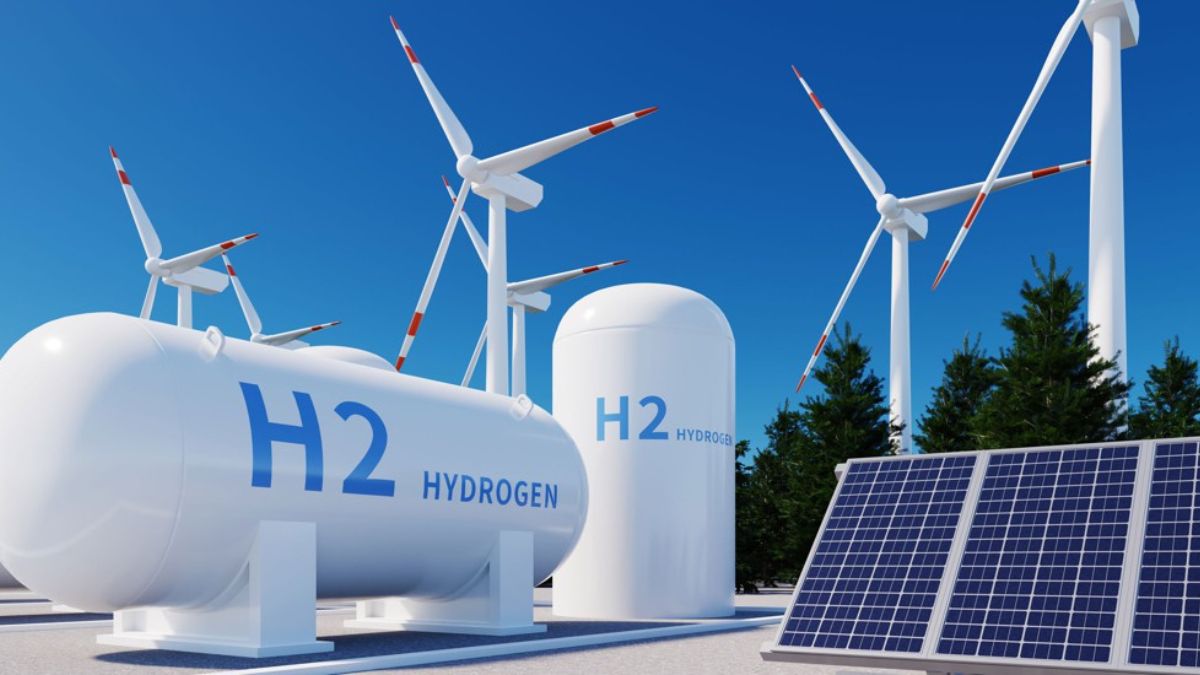Hydrogen fuel cell vehicles (FCVs) hold the promise of a cleaner, greener future for the automotive industry. However, their widespread adoption faces a complex landscape of challenges and opportunities, requiring a delicate balance of technological advancements, infrastructure development, and market acceptance.
The challenges in the adoption of hydrogen FCVs include the establishment of a robust refueling infrastructure, addressing the high manufacturing costs, and ensuring the sustainability of hydrogen production methods. Despite these hurdles, the potential benefits, including zero-emission operation and faster refueling times compared to electric vehicles, make hydrogen FCVs an attractive option for the future.
Automakers like Toyota and Hyundai are leading the charge in developing hydrogen-powered vehicles, showcasing the industry’s commitment to exploring alternative propulsion technologies. As governments invest in hydrogen infrastructure and advancements continue, hydrogen FCVs could play a crucial role in realizing a more sustainable and diversified automotive future.
The journey towards widespread adoption of hydrogen fuel cell vehicles is rife with challenges, but the opportunities for a cleaner, hydrogen-powered automotive future make it a compelling avenue for exploration. Balancing technological innovation, infrastructure development, and market acceptance will be key to unlocking the full potential of hydrogen FCVs.


